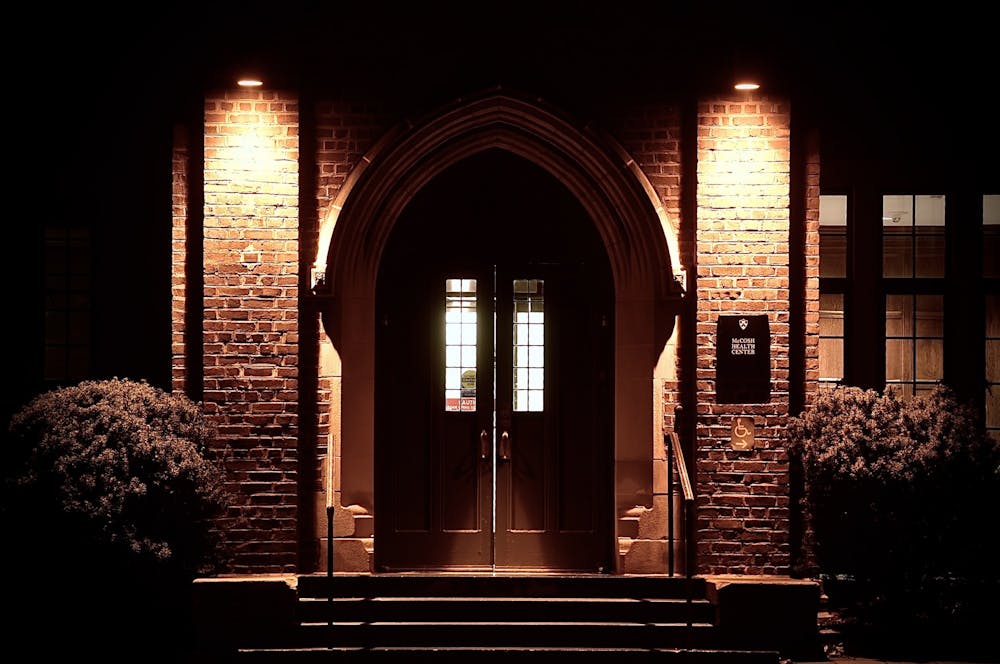Within a study contained in the 2018 report by the American College Health Association (ACHA), over 60 percent of students reported having felt overwhelming anxiety over the course of the previous 12 months and approximately 40 percent of students reported having trouble functioning due to depression in the same time frame. With these worrisome numbers, many colleges have taken initiatives to help students with any mental illness issues that they may have, and Princeton is doing its part as well. However, their efforts simply aren’t enough.
Students have spoken with me about their disappointing experiences with the University’s Counseling and Psychological Services (CPS). Suffering with anxiety, one requested a regular therapist. While their initial appointment went well, in the following week, they received a message from CPS stating that they were not equipped to handle this situation due to the student requiring long-term support. Another student also related their CPS experience with me and stated that they had visited CPS to seek help for depression. However, they too were forced to seek help off-campus after CPS informed them that they were not equipped to handle this case either.
I recognize that CPS has had positive benefits for some students on campus, but I find the experiences of the aforementioned students quite appalling. In a world where mental illnesses are still very much stigmatized, a world where 40 percent of students fail to seek help, being told that CPS is unable to help you is saddening. Being turned away by CPS means leaving the comfort and safety of campus to seek professional help, often at an increased cost. Sometimes this means that these students are unable to receive the care they need.
One of the students I spoke with suffers from depression, and they didn’t find off-campus help until a year and a half after visiting CPS, stating that they felt lost after CPS’s denial. During this pandemic, when there are nearly no students on campus, CPS can extend their help by partnering with online therapist companies, such as BetterHelp, that allow students to meet with psychiatrists through video conferencing. Because that first session with a therapist is already such a difficult first step, CPS is obliged to make it as easy and comfortable for students as possible.
These anecdotes aim to shed light on the changes needed for CPS to become a significant resource for students. Foremost, because anxiety is such a widespread issue, CPS should equip itself to handle all anxiety cases. Until it does reach that milestone, however, CPS ought to assist in setting up appointments with off-campus psychiatrists. At the very least, CPS ought to check up on the students that they were unable to help to ensure that they are taking the right steps.
Secondly, because 44 percent of college students report having symptoms of depression and because 75 percent of students who suffer from depression fail to seek help, CPS should conduct campus-wide surveys to assess overall mental health on campus and to actively promote ways for students to access mental care, either online for students at home or aid students in their search for physical locations near their residences this fall. Especially, CPS should work to seek out students suffering from depression rather than waiting for the students to come to them.
For the majority of us, campus-wide surveys or other future measures taken by CPS may be discomforting or annoying, but for some of us, those measures will cause us to seek help, potentially saving lives. According to the Association of American Universities, “One-fifth of all students surveyed had thought about suicide, with 9 percent reporting having attempted suicide and nearly 20 percent reporting self-injury.” As someone who personally knows people who have had suicidal thoughts or attempted suicide, I refuse to let someone’s annoyance or discomfort be the reason those nine percent do not go to seek proper help. I refuse to let the lack of an active push for students to seek help be the reason behind a lost life.
I do not question CPS’s dedication to student’s mental health, but, with numerous students reporting negative experiences from CPS, we must call for CPS to expand their services so that they can cater to all prevalent mental illnesses in the student body. With the percentage of students being diagnosed with mental illnesses increasing, CPS must be equipped to help every Princeton student coming to them for support. Anything less than that can be catastrophic. Anything less than that must be unacceptable.

Sajiwan Naicker is a junior in the Department of Philosophy. He can be reached at snaicker@princeton.edu.









